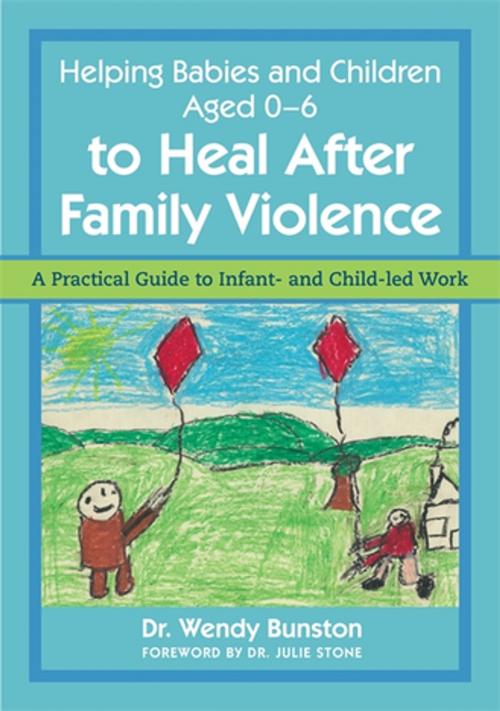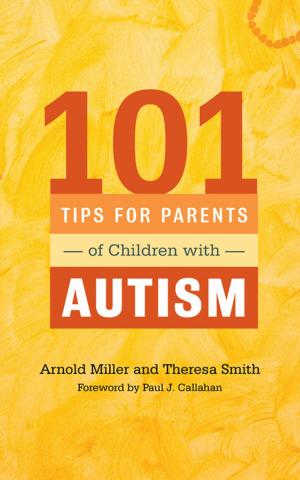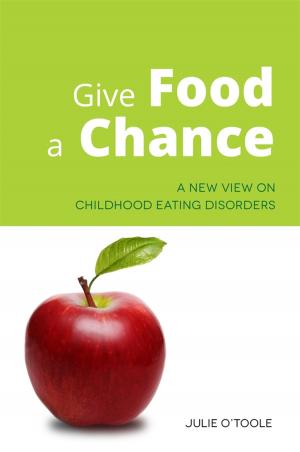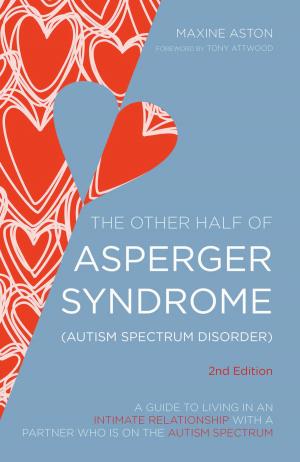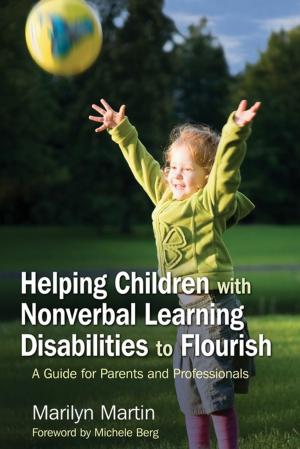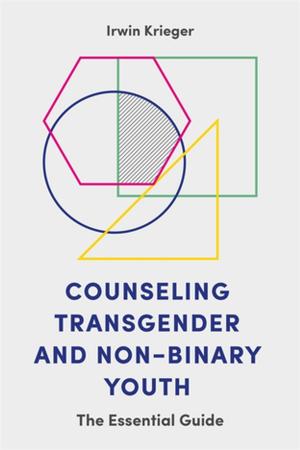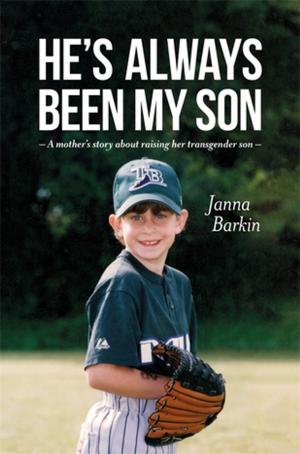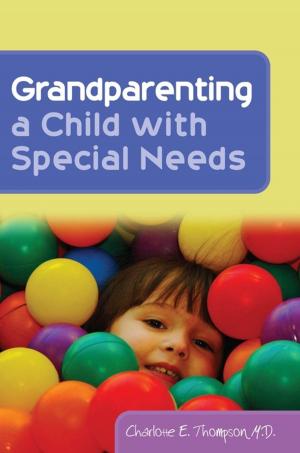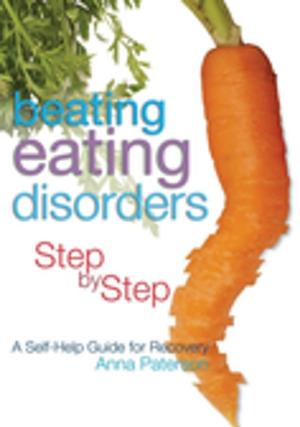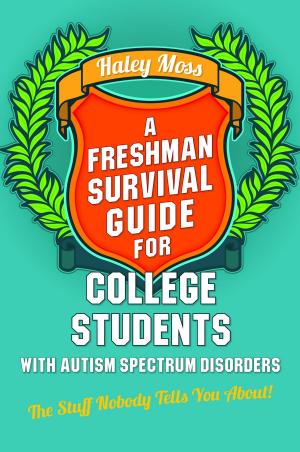Helping Babies and Children Aged 0-6 to Heal After Family Violence
A Practical Guide to Infant- and Child-Led Work
Nonfiction, Health & Well Being, Psychology, Child & Adolescent, Child Psychology, Social & Cultural Studies, Social Science, Social Work| Author: | Dr. Wendy Bunston | ISBN: | 9781784501389 |
| Publisher: | Jessica Kingsley Publishers | Publication: | June 21, 2017 |
| Imprint: | Jessica Kingsley Publishers | Language: | English |
| Author: | Dr. Wendy Bunston |
| ISBN: | 9781784501389 |
| Publisher: | Jessica Kingsley Publishers |
| Publication: | June 21, 2017 |
| Imprint: | Jessica Kingsley Publishers |
| Language: | English |
After family violence, very young children and babies benefit from child-led therapy, but how do you achieve this? Dr. Wendy Bunston's guide is here to help you to meet the emotional needs of children who are experiencing trauma, and to enable them to form healthy attachments, both within their families and beyond.
As well as clearly explaining the consequences of domestic violence on young developing brains, this book demystifies the practicalities of working effectively with children in their earliest years. Examining real-life cases, it notes the distress that arises when a child is separated from his or her family, advises on the importance and complexities of children's attachments, and shows how to support playfulness as an essential part of children's healthy personal development. Instruction is provided on how to include all family members in the healing process, including the perpetrators of family violence, in a positive way to improve children's chances of recovery.
Dr. Wendy Bunston's unique approach to therapy and care, based on over 25 years' professional experience, promotes the viewing of cases from a 'child-led' perspective. Pragmatic, empathic and accessible, this book will be essential reading for anyone working with those affected by domestic violence.
After family violence, very young children and babies benefit from child-led therapy, but how do you achieve this? Dr. Wendy Bunston's guide is here to help you to meet the emotional needs of children who are experiencing trauma, and to enable them to form healthy attachments, both within their families and beyond.
As well as clearly explaining the consequences of domestic violence on young developing brains, this book demystifies the practicalities of working effectively with children in their earliest years. Examining real-life cases, it notes the distress that arises when a child is separated from his or her family, advises on the importance and complexities of children's attachments, and shows how to support playfulness as an essential part of children's healthy personal development. Instruction is provided on how to include all family members in the healing process, including the perpetrators of family violence, in a positive way to improve children's chances of recovery.
Dr. Wendy Bunston's unique approach to therapy and care, based on over 25 years' professional experience, promotes the viewing of cases from a 'child-led' perspective. Pragmatic, empathic and accessible, this book will be essential reading for anyone working with those affected by domestic violence.
